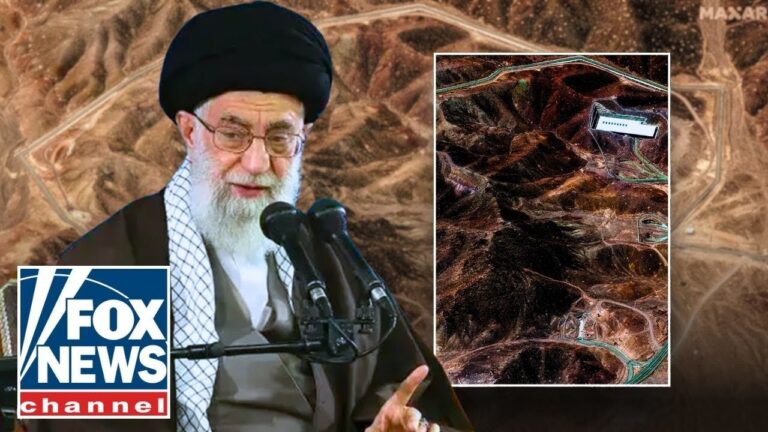Video at the bottom!
In an intense discussion regarding the escalating tensions in Iran, a panel features insights from retired four-star General Jack Keane, who served as Vice Chief of Staff of the Army and currently chairs the Institute for the Study of War. The conversation revolves around President Trump’s recent comments in the Oval Office concerning Iran’s nuclear capabilities, particularly focusing on the Fordo facility.
General Keane emphasizes the critical nature of defeating Fordo, stating that if it remains intact, Iran retains the ability to develop nuclear weapons. He explains the complexity of the Iranian nuclear program, which is dispersed across twelve sites, designed with redundancy to withstand attacks. This resilient structure makes it challenging for any military action to incapacitate the program entirely.
The panel discusses the potential military options available, including the use of bunker buster bombs, which though effective, face challenges due to Fordo’s reinforced construction embedded in rock. General Keane suggests that while multiple strikes could be necessary to ensure destruction, ground raids, though riskier, might provide a more guaranteed result. He notes that Israel has its own strategies for targeting not just Fordo, but its supporting infrastructure, hinting at past operations.
As the discussion unfolds, President Trump is seen making remarks about Iran in response to media inquiries, reiterating that his administration had previously negotiated a favorable deal that Iran rejected. He responds to questions about potential regime change in Iran while maintaining a firm stance on U.S. involvement and support for allies in the region.
The conversation shifts to the geopolitical ramifications of the situation, particularly concerning deterrence toward adversaries like China and Russia. Keane points out that the primary motivation for Iran to pursue nuclear capabilities lies in regime preservation amidst internal and external pressures. The panel discusses the weakening political and military positions of Iran following systematic attacks, particularly how the loss of nuclear capabilities could substantially affect their power dynamics.
In the closing remarks, General Keane reflects on the current state of Iranian proxies, particularly Hezbollah, which has refrained from engaging in military action despite being heavily armed. He underscores a significant shift in regional power dynamics, suggesting that the impending outcomes could alter Middle Eastern geopolitics profoundly.
The panel concludes with an acknowledgment of the historical significance of these developments, emphasizing the delicate balance of power and the potential for substantial change in the region as ongoing events unfold.


